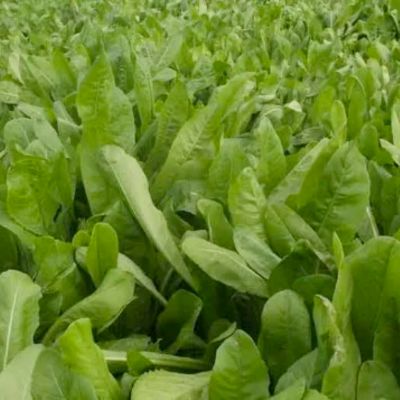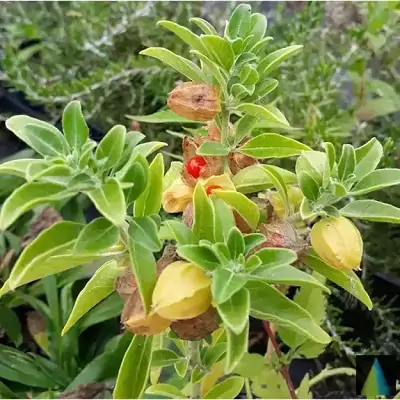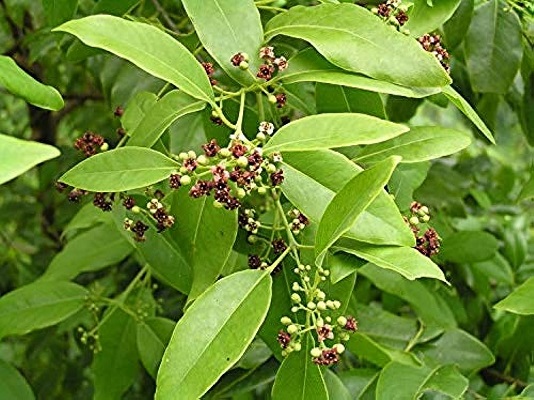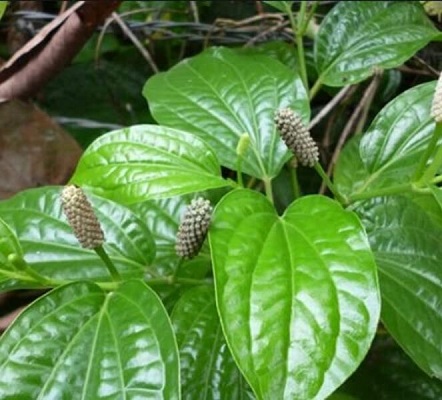On This Page
Ashwagandha (Withania somnifera) – Uses and Benefits
Introduction
Aswagandha, commonly known as ‘Winter cherry’ is a branched erect under shrub which is found in drier regions of India. The name ‘Aswagandha’ indicates that it’s root has the smell of horse and also improves sexual potency of the person who consumes it. The word ‘Withania’ indicates a scientist’s name Withan and ‘somnifera’ means it produce sleep. Aswagandha is a most commonly used herb as rejuvenative. It is used in the treatment of various other diseases.
Dr. Gupta’s IAFA conducted various studies in Cloves to find out the therapeutic actions of the herb. Our experts have successfully proven the activities like Sedative, Hypnotic, Antiseptic, Antimitotic, Antitumor, Antioxidant, Rejuvenative and Antiallergic property of Aswagandha. It has been also found out that with an one extracted from leaves of Aswagandha have protective function on brain cells. Alcoholic leaf extracts of this plant prevents neurodegenerative disorders. Methanolic extract of Aswagandha is proven to be effective in treatment of obsessive compulsive disorder.
Action of Aswagandha – Withania somnifera in Allergies
IAFA experts are putting continuous efforts to prove the antiallergic property of Aswagandha. The plant contains somniferine, somniferinine, withanine, nicotine, withaniol, withasomnine, tropine, withanolide, analygrine, anaferine, starch etc. Thus it is used as an anti allergic agent. It also pacifies aggravated Kapha and Vata doshas. So its root powder is used against allergic reactions due to Kapha and Vata dosha.
Vernacular Names
| Sanskrit Name | Aswagandha |
| Hindi Name | Aswagandh |
| English Name | Winter cherry |
| Malayalam Name | Amukkuram |
| Kannada Name | Hiremaddina gida |
| Marathi Name | Askandha |
Botanical Name
Withania somnifera
Family
Solanaceae
Morphology of Aswagandha- Withania somnifera
- A branched erect under shrub.
- Leaves 5-10, ovatc, subacute, entire.
- Flowers greenish or lurid yellow.
- Fruit -berry, red, smooth.
Ayurveda Reference of Aswagandha – Withania somnifera

Geographical Distribution of Aswagandha – Withania somnifera
Plant is found in drier regions of India, and it is wild grown almost throughout the country.
Phytoconstituents of Aswagandha – Withania somnifera
The plant contains somniferine, somniferinine, withanine, nicotine, withaniol, withasomnine, tropine, withanolide, analygrine, anaferine, starch etc.
Parts Used of Aswagandha – Withania somnifera
- Root
Dosage of Aswagandha – Withania somnifera
- Powder(churna) – 3-5 g
Medicinal Properties of Aswagandha – Withania somnifera
- Kasa hara – relieves cough
- Sophahara – relieves swelling
- Swasahara – relieves asthma
- Rasayana – rejuvenative
- Krimighna – useful in worm infestations
- Kandughan – relieves itching
- Vishaghna – useful in poisoning
- Vranahara – useful in wounds

Have A Health Issue?
Consult Online
- Dr. Sahil Gupta (B.A.M.S., M.H.A.)
Ayurvedic Allergy Specialist
CEO & Founder of IAFA®
Home Remedies of Aswagandha – Withania somnifera
From ancient times itself Ayurveda is widely used in India. Aswagandha a commonly seen and easily available herb. Due to its high medicinal value it is used in treating many diseases like:-
- As Rejuvenative (Rasayana) – Aswagandha is taken with milk or ghee or oil or warm water.
- In Emaciation (Sosha) – Aswagandha is prepared with ghee and taken in morning everyday.
- In Dyspnoea (Swasa) – Alkali is prepared from Aswagandha and is taken with honey and ghee.
- In Insomnia (Nidranasa) – Aswagandha powder is mixed with sugar and ghee and taken.
- For Conception (Garbhadharanartha) – Aswagandha is made into a decoction and then prepared with ghee. It is taken by women will help in conception.
- In Cough (Kasa) – Aswagandha is made into an alkali and taken with honey and ghee.
- In Impotency (Klaibya) – Ghee prepared with Aswagandha decoction is taken.
- To increase weight (Balya) – Aswagandha powder is taken with either milk or ghee.
Ayurveda is an Indian system of medicine which is popular from ancient times. Dr. Gupta’s IAFA have been conducting research studies to find out different phytoconstituents of herbs and their action in body. Such knowledge acquired by our experts are used in preparation of medicines and providing the treatment facilities safely and effectively.
IAFA is the provider of safe and effective treatment for a wide range of diseases, mainly allergic diseases all based on Ayurveda.
Was this Page Helpful?
Read More Articles
-

Kasini (Cichorium intybus)
Kasini (Cichorium intybus) commonly known as Chicory is a perennial herb, with large…
-
-









